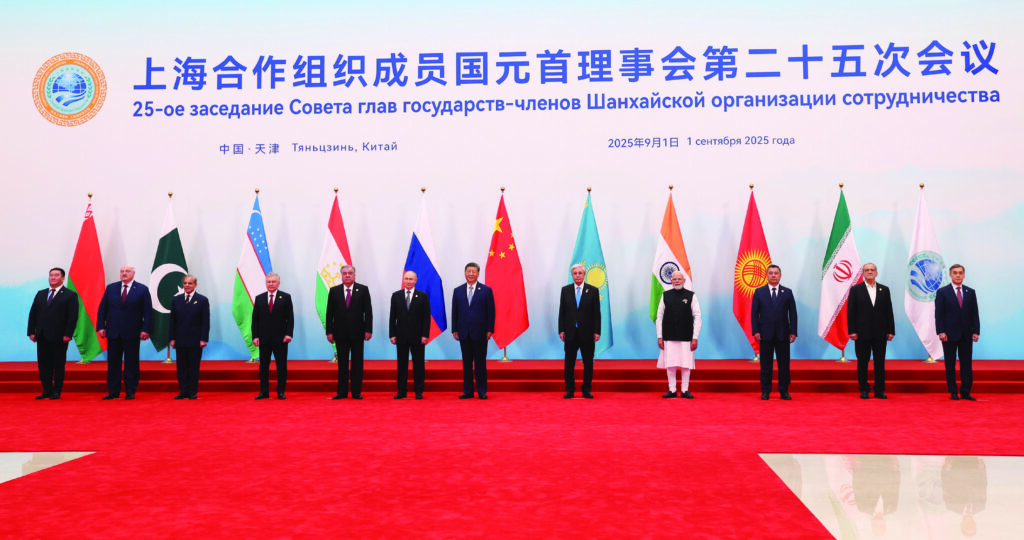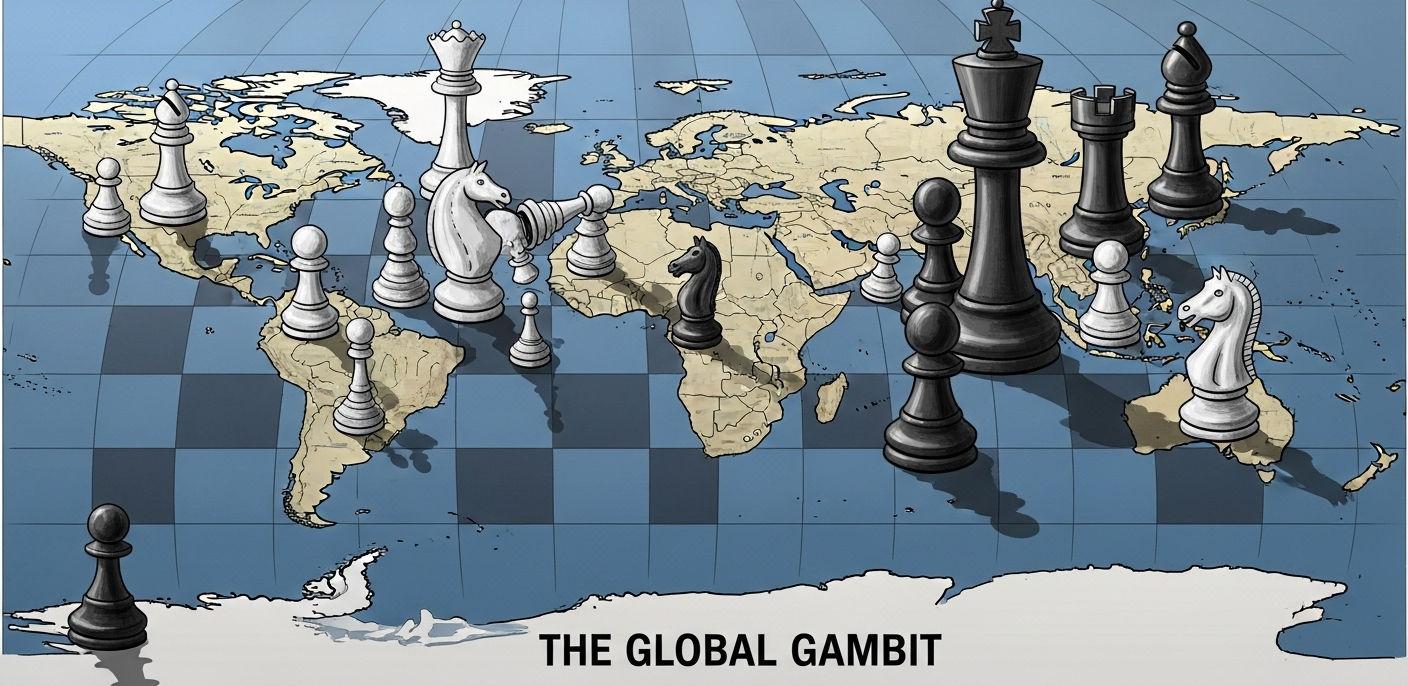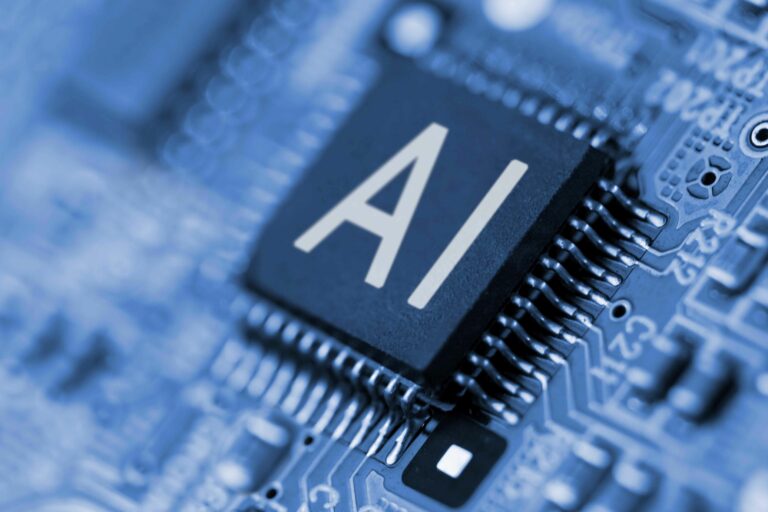Chinese Ambitions, European Challenges
China wants to be recognized not only de facto but also de jure as a superpower. This is not the result of the policy of one president or another but rather a long-term trend. Many commentators talk about President Trump’s mistakes, but personally, I don’t see them. What I see instead are dramatic, sometimes even desperate attempts to prevent America’s total defeat in its confrontation with a new pole of power that has emerged in the world.
The recent meeting of the Shanghai Cooperation Organization (SCO) in Tianjin—some 80–100 kilometers from Beijing—took place just before the grand World War II victory parade. According to Chinese historical policy, it was China that was to be recognized as one of the main allies and victors of that war. This is part of the current narrative—today it’s presented this way, tomorrow it may change.
The Rise of China and Global Power Rivalry
It must be acknowledged that China has made incredible progress, building its economic power and now also its military strength. This poses a major challenge above all to the United States, because Chinese policy undermines the foundations of America’s strategy in Asia and the Far East. This in turn provokes conflicts, especially in the South China Sea, where almost daily there are incidents between the Chinese fleet and US allies.
The Americans are investing enormous resources into developing military bases and defense systems in the “first island chain”—from Japan through Taiwan down south—as well as the “second island chain,” from Guam to New Guinea. All of this is meant to curb China’s expansion.
Returning to the Shanghai Cooperation Organization—it is evolving into something resembling an Asian European Union. Beyond security issues, many elements of economic cooperation have appeared. Initially, it was the “Shanghai Five,” aimed at resolving border disputes among Central Asian states. Over time, the SCO expanded to include India, Pakistan, and Iran, turning it into a forum for conflict management.
It should also be noted that China has pursued a policy of territorial concessions toward Central Asia, which has allowed it to secure cooperation and recognition of its leadership in the region. Today, nearly all post-Soviet Central Asian states are in the SCO and accept China’s role.
Tensions, however, are emerging within the group—particularly between China, Russia, and India. Ahead of the summit, China proposed that Russia play the role of leader of the Global South. This is significant because the West—about 50 countries dominated by the US—is weakening against China’s growing power. This is evident, for example, in the Belt and Road Initiative, through which Beijing is investing billions of dollars in Africa, Latin America, Turkey, and Ukraine. In return, it expects political loyalty, which is clearly seen during UN votes.
Some of these loans turn out to be unpayable, but China restructures or forgives them, and still, three-quarters of the loans bring returns. This gives China enormous political capital. The West has tried to respond—with initiatives from Biden and the EU—but these have been largely ineffective.

September 1, 2025
A New Balance of Power in Asia and Its Consequences
In the military sphere as well, China is developing modern technologies faster than the US and Europe, producing them on a mass scale. Europe, meanwhile, lacks a unified defense policy, and America’s role as the leader of the West is increasingly questioned by European states themselves.
There are also worrying signals from Turkey, which aspires to join both the SCO and BRICS—an organization already active not just in Asia but also in Africa and Latin America. While the SCO has so far set aside plans to transform into a military bloc, it is uncertain whether such a scenario might return in the future.
Xi Jinping declares he wants to avoid a new Cold War and the division of the world into twot military blocs. Yet the simultaneous rapprochement between China and India shows that the balance of power is fluid. India—proud and committed to its own path—may nonetheless accept Chinese investments because of its tensions with the United States.
One must also remember the cultural context: Chinese civilization influences the entire region, as exemplified by its relations with South Korea. This complicates the situation with North Korea, which is entirely dependent on Beijing.
Finally, it is worth returning to our perspective. Poland feels the consequences of China’s global actions, as seen in the migration pressure on the Belarusian border—sanctioned by Beijing. Our leverage is limited, such as through the Małaszewicze transit hub, but these are minor tools.
The greatest problem is the fragmentation of the West itself and the lack of mechanisms for joint action in international politics. This threatens our future.







